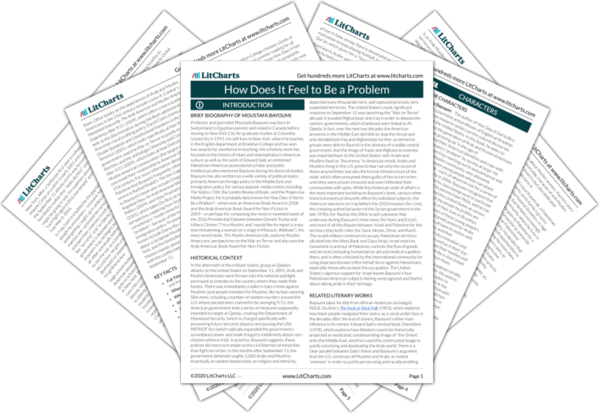Again, events outside of Lina’s control transform the foundations of her life and the structure of her family. Her decision to join the army is another way of running away, an attempt to take back the control that she lacks but needs in order to decide what is next for herself. When the military gives her that control, though, she quits. Her military story is nearly the opposite of Sami’s—while they both joined because they felt lost, he remained lost and served five full years. Noticeably, this all happens around the time of 9/11, which does not seem to profoundly change Lina’s view of her place in the world—perhaps because Iraq had already been fighting with the United States, militarily and then diplomatically, for more than a decade.
